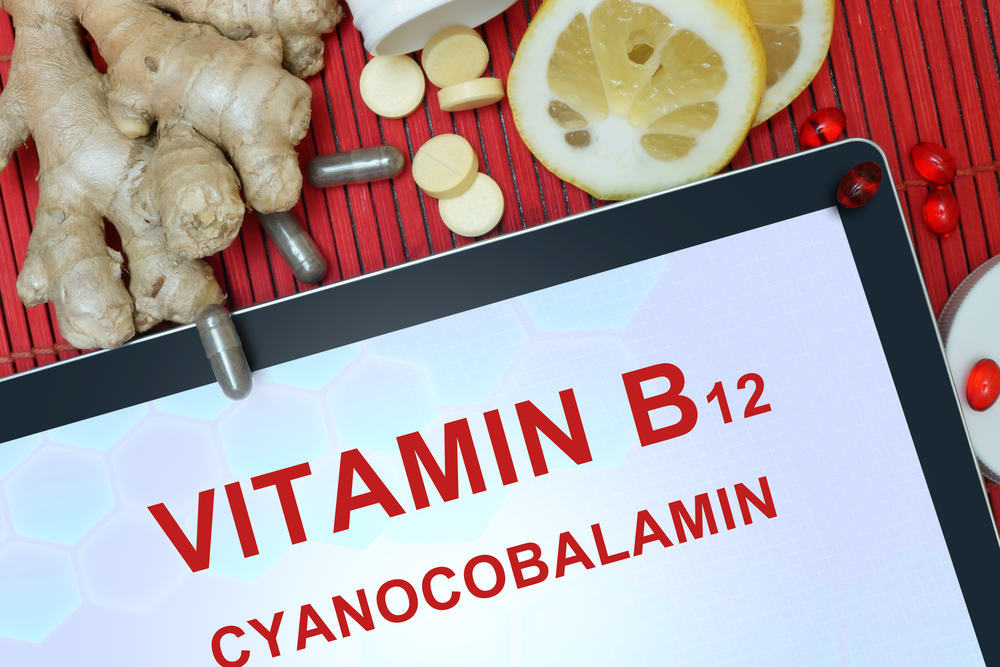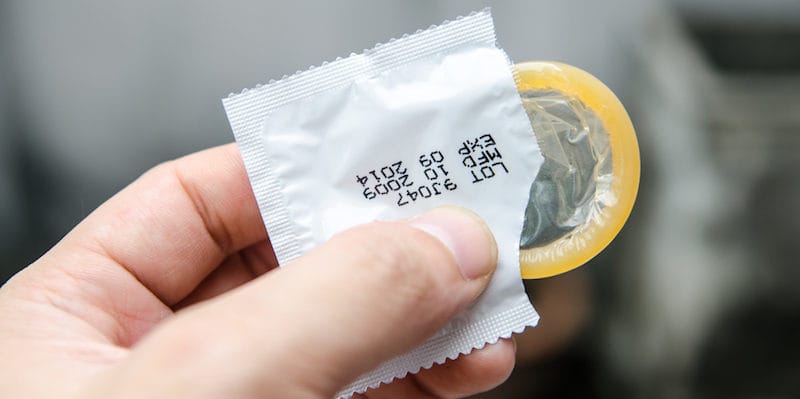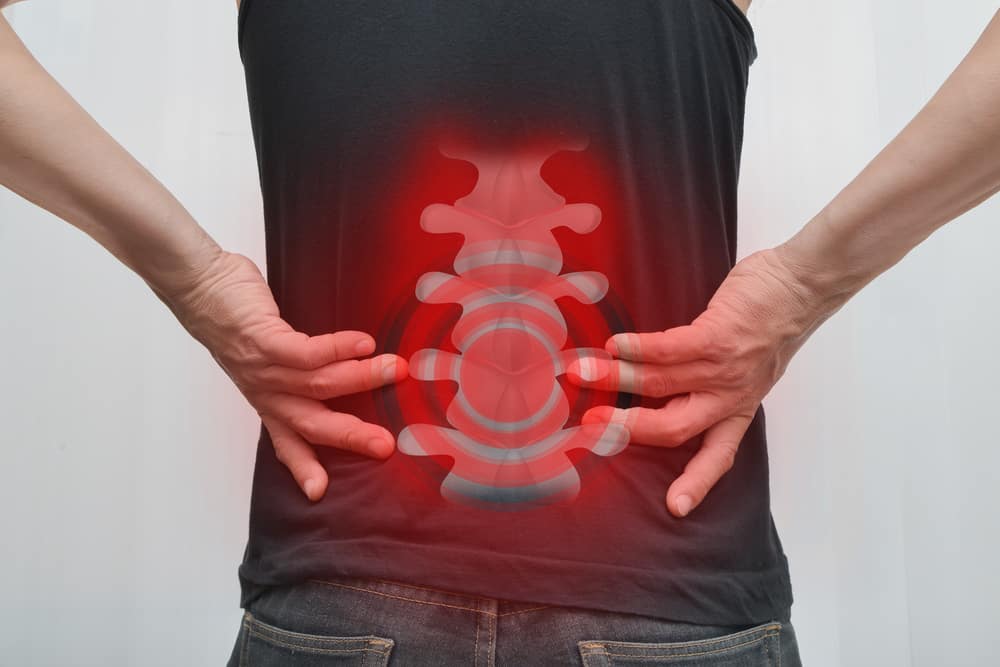Contents:
- Medical Video: Healthy Food Advice : Foods Rich in B12
- Pernicious anemia
- Diet
- Conditions that affect the stomach
- Conditions that affect the intestine
- Treatment
- Functional vitamin B12 deficiency
Medical Video: Healthy Food Advice : Foods Rich in B12
Anemia related to vitamin B12 deficiency or anemia related to folate deficiency occurs when the body lacks this vitamin which affects the body's ability to produce fully functional red blood cells.
Pernicious anemia
Pernicious anemia is the most common cause of vitamin B12 deficiency.
Pernicious anemia is an autoimmune condition that affects your stomach. An autoimmune condition means your body's immune system (the body's natural defense system that protects against diseases and infections) attacks your body's healthy cells.
Vitamin B12 is absorbed into your body through your stomach. A protein called "intrinsic factor" binds to vitamin B12, so it can be absorbed from the food you eat.
Pernicious anemia causes the body's immune system to attack cells in your stomach that produce intrinsic factors, which cause your body to be unable to absorb vitamin B12.
The exact cause of pernicious anemia is unknown, but this condition is more common in women around 60 years of age, people with a family history of this condition and people with other autoimmune conditions, such as Addison's disease or vitiligo.
Diet
Some people can experience vitamin B12 deficiency as a result of not getting enough vitamin B12 from their food.
Foods including meat, fish and dairy products usually provide enough vitamin B12, but people who do not regularly eat these foods - such as those who follow a vegan diet or who have a generally very poor diet - can experience this vitamin deficiency.
Vitamin B12 stored in the body can last around two to four years without being refilled, so it can take a long time in the development of health problems after changing diet.
Conditions that affect the stomach
Some stomach conditions or abdominal surgery can prevent absorption of vitamin B12. For example, a gastrectomy (a surgical procedure in which a part of your stomach is removed) increases the risk of developing a vitamin B12 deficiency.
Conditions that affect the intestine
Some conditions that affect your intestines can also stop you from absorbing the required amount of vitamin B12. For example, Crohn's disease (a long-term condition that causes inflammation of the lining of the digestive system) can sometimes cause your body not to get enough vitamin B12.
Treatment
Some types of drugs can cause a reduction in the amount of vitamin B12 in your body. For example, a proton pump inhibitor (PPI) - a drug used to treat digestive disorders - can make vitamin B12 deficiency worse. PPI inhibits stomach acid production, which is needed to release vitamin B12 from the food you eat.
Your GP will be aware of drugs that can affect your vitamin B12 levels and will monitor you if they feel they need to.
Functional vitamin B12 deficiency
Some people can experience problems related to vitamin B12 deficiency, although it seems they have normal levels of vitamin B12 in their blood.
This can occur because of a problem known as functional vitamin B12 deficiency - where there are problems with proteins that help transport vitamin B12 among cells. This causes neurological complications involving the spinal cord.












